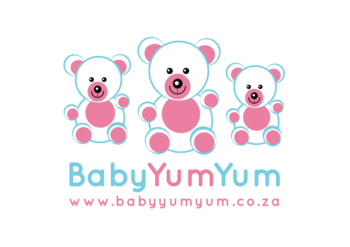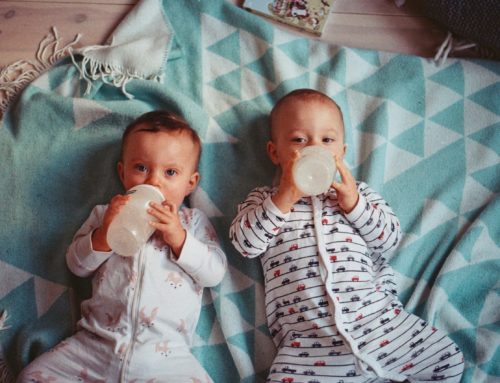
“My kids drive me crazy!”
This is something most of us have said or thought at some point while feeling overwhelmed by the demands of parenting. Yet, many mothers stare more severe psychological problems (particularly postpartum depression) in the face and will need professional help to overcome this obstacle.
As mothers, we should all invest in our mental wellbeing by caring not only for everyone in our family but for ourselves too. In the spirit of Mental Health Awareness Month, let us consider various wellbeing protective mechanisms we should all try to build into our lives.
Depression-busting diet

When the going gets tough, many of us succumb to fast and unhealthy snacks to make us feel better and save us time. However, prioritising healthy eating is much worth the effort!
A balanced diet rich in proteins, vegetables and healthy fats (especially those celebrated Omega 3s) safeguards your brain. On the contrary, sugary foods and processed carbohydrates encourage mood swings.
Remove temptation from your life by removing unhealthy foods in your house. Find “cheat” ways to work nutritious food into your everyday eating habits – e.g. mixing greens into smoothies and frozen veggies into quick scrambled eggs.
Move it!

You cannot run away from depression… Or can you?
The endorphins we excrete when exercising are a natural mood enhancer. Plus, exercise is a crucial part of staying physically healthy which in turn affects mental wellbeing.
Spiritual safety
Prayer goes a long way for us to maintain peace, combat fears and reduce stress.
Me-time

The Macmillan Dictionary exemplifies the concept of “me time” with the following sentence: “Like most parents with young children, I don’t get much me time.” We know, right?!
Everyone needs a break from child-related challenges to stay sane. If you are a working mother, try to incorporate intentional self-time into your working routine (e.g. listening to e-books while you are in traffic; making dates with yourself or people who energise you during lunch hour). If you are a stay-at-home mom, you need at least half an hour daily away from children, if at all realistic. Try to work in longer stretches of alone time during weekends if you have more access to babysitters then.
Consider doubling up your free time to use for exercise (if you enjoy sport) or investing in your spiritual life. Have at least one hobby in your life that does not revolve around your children – join a book club, play tennis, do gardening…
Social Support
You cannot be on this journey alone. A key protective factor against depression is having people around you to support you both emotionally and practically on the parenting journey. Make use of the helpful people in your life. And reach out to others, too – caring is a two-way street and sometimes helping helps the helper even more!
Remember that your first and foremost supporter is your spouse and therefore prioritising your marriage is part of nurturing yourself and your family as a whole.
Re-examined expectations
The gap between expectation and reality mostly equals disappointment, stress or frustration. When we have small children, we need to adapt our previous ways of thinking lest we become depressed or distressed. As discussed, your amount of free time will naturally be reduced.
Other examples include lower productivity and less money to spend on yourself. Change your mindset and remember that this intense season is not going to last forever, but that it is (despite its trials) also a uniquely beautiful time. Try to find satisfaction in the moment (“Aaaah, look at these cute little toes!”) rather than longing for things you do not have access to right now (“If only my toes were pedicured…”).
Chaos Control

Sometimes, a few changes in the home could work wonders for our mental state. For example, if your children go to bed at an appropriate time, you will have more hours to spend on chores, your husband or yourself. If your children are in a good routine, there may be fewer tantrums chewing away at your emotional stability.
This is where Munchkins can help you – consider a parent coaching session with us where we can gently guide you to establish peace in your home.
Act soon on the signs
Postpartum depression is a mood disorder that has its onset around the time of a baby’s birth. Be informed as to what is normal “baby blues” and what is indicative of a more severe condition. Here is a helpful resource.
Be sure to contact a healthcare specialist if you have been feeling depressed for over two weeks or the symptoms are worsening; when you have thoughts of hurting yourself or the baby; or when your normal daily functioning and child-caring abilities are affected.
Visit the South African Depression and Anxiety Group if you need assistance or a 24-hour suicide emergency hotline.
Looking after yourself is not selfish – only if you are obsessed with your own wellbeing above others’ does it become egocentric. If you are not well, chances are very high that your entire household might end up in trouble. Your sanity is important for everyone’s safety!
Happy Mental Health Awareness Month!
This article has been shared with our partner and parenting portal, BabyYumYum (click on the image to be redirected)








